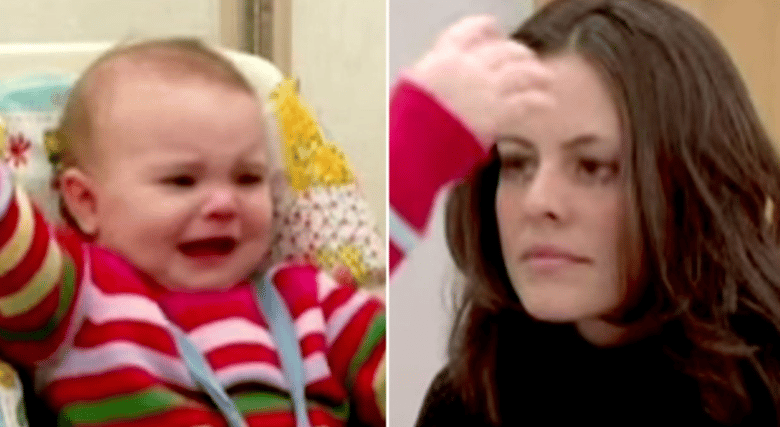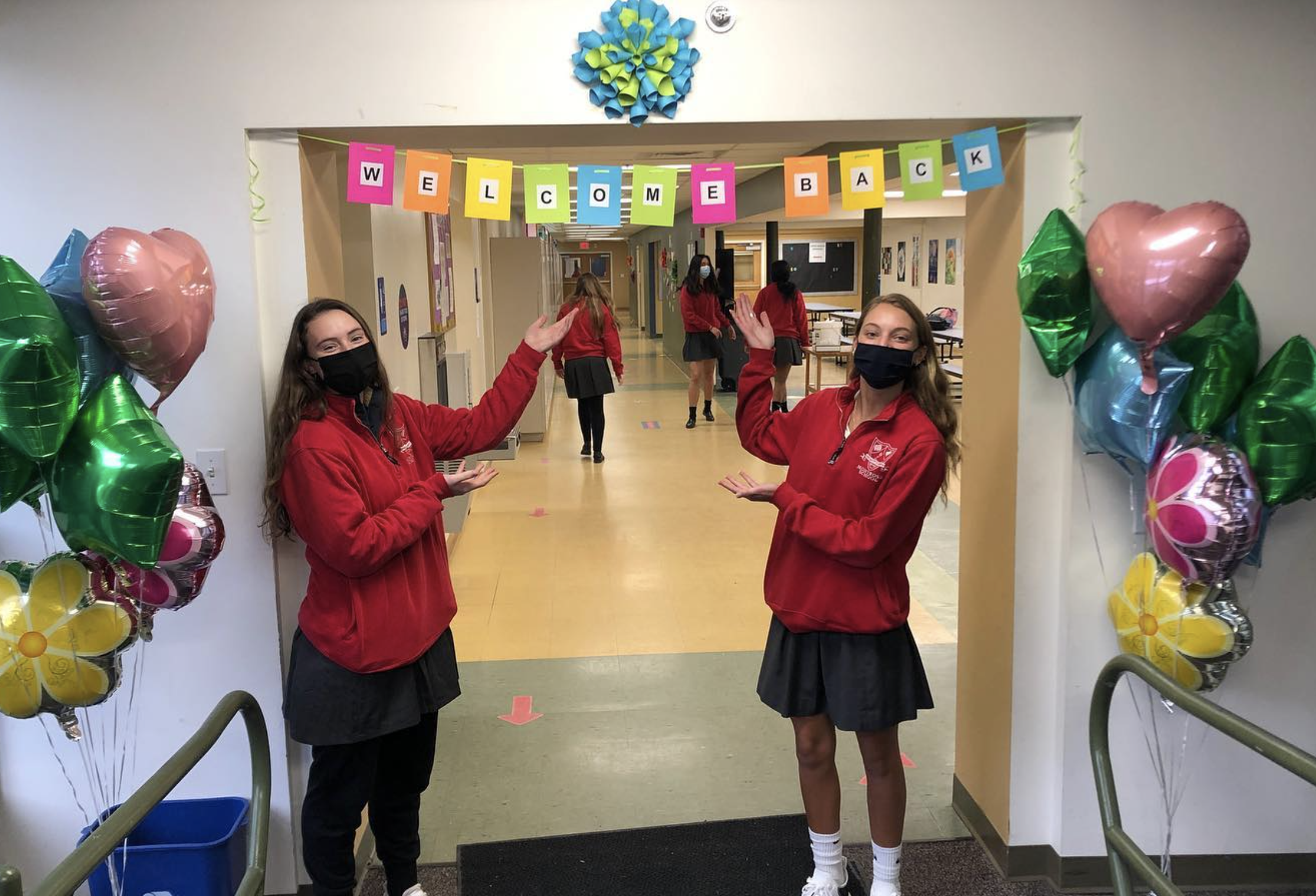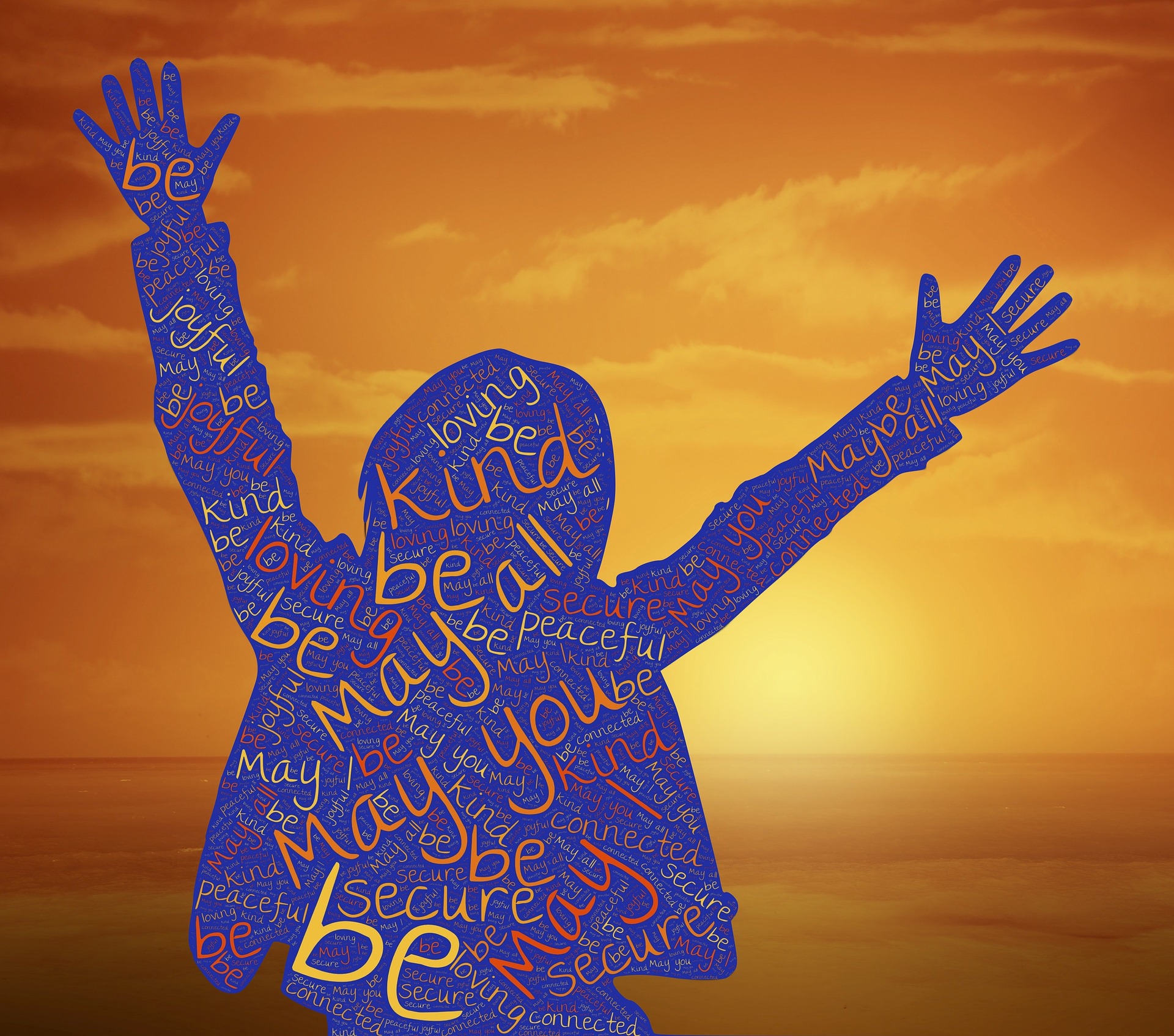What kinds of facial expressions do babies find most distressing?
In 1975, Dr. Edward Tronick of UMass Boston’s Infant-Parent Mental Health Program conducted a groundbreaking (and highly replicated) study that showed how infants quickly became distressed by a parent’s “still face”: an expressionless face that showed no emotion or reaction to the child’s repeated attempt to engage.
Last month, I showed a video from this study to my seventh-grade “Habits of Heart” students – a weekly workshop where we explore the habits that support strong relationships, such as kindness, compassion, empathy, and gratitude. Here's an image from the study:

How can we apply the findings from this experiment to our own lives and relationships? I asked.
Just like these babies, we are constantly, instinctively scanning the faces and body language of the people around us for cues. When a new student enters a classroom, they are searching for that friendly face. When a teacher begins a lesson, she’s paying attention to how students are engaging, or not, by observing their body language. Who is leaning forward and who is hiding behind their backpack? And when someone takes the stage or the playing field, we are naturally drawn to those who seem to carry themselves with confidence (even if they are not feeling 100% confident inside!).
In this era of mask-wearing, being deliberate about how we use body language is more important than ever. As a teacher, I’m trying to use more hand movements, more intentional eye contact, and more playful, physical movement from side-to-side across the front of the classroom. If they can’t see my smile, I need to find those other ways to communicate, “I’m so glad you are here.”
Here was the take-away message from the lesson:
We all know that body language can be used to hurt and exclude (hello eye-rolling!); but we can also use our body language to communicate kindness, interest, and (emerging) confidence.

Kindness:
A warm smile is our go-to, non-verbal way to show kindness. But when that’s not available to us at school, we can smile with our eyes, furrow our eyebrows to show empathetic concern, turn our bodies toward the people we are working with, and nod or make eye-contact when someone is sharing.
We can wave hello, air hug, elbow-bump, and lean in. We all know what it’s like to feel safe in someone else’s presence. Without saying a word, we can practice being that safe someone for other people.
Interest:
When I teach or give a presentation, as much as people are looking at me, I am scanning for that one friendly face – and there is always at least one – who provides those encouraging smiles and nods that keep me energized. This give-and-take exchange of positivity energy is one of the best parts of being an engaged student. How do we show our interest to our teachers and – as a byproduct -- reap the benefits of coming to class ready to focus and engage and explore? This can look like having our materials ready, making deliberate choices about where and how we sit, actively listening to the teacher and our classmates and – even if it’s not our favorite subject – bringing our full selves to the activity.
Confidence:
As much as our body language influences those around us, it also affects how we feel about ourselves. Do we choose to make ourselves small in a corner or allow ourselves to claim our space at the table? In moments of stress or anxiety, we can strengthen that powerful body-mind connection by practicing deep breathing, by conducting a body scan to notice and release tense muscles, and by standing up straight and looking forward with confidence (even when YOU don’t feel 100% confidence). Strike that Wonder Woman pose in the bathroom before you give a presentation. Take that deep breath before a quiz. Run onto the field in a way that says to yourself, “I belong here” – because you do.
As we hold on to light at the end of this pandemic tunnel, now is a good time to be more intentional than ever about engaging with our community in small, meaningful ways – nodding/waving at people in the grocery store, letting our face light up when our kids return from school, and offering people the gift of our attention. As Paul Overstreet wrote in one of my favorite songs, “You say it best when you say nothing at all.”






